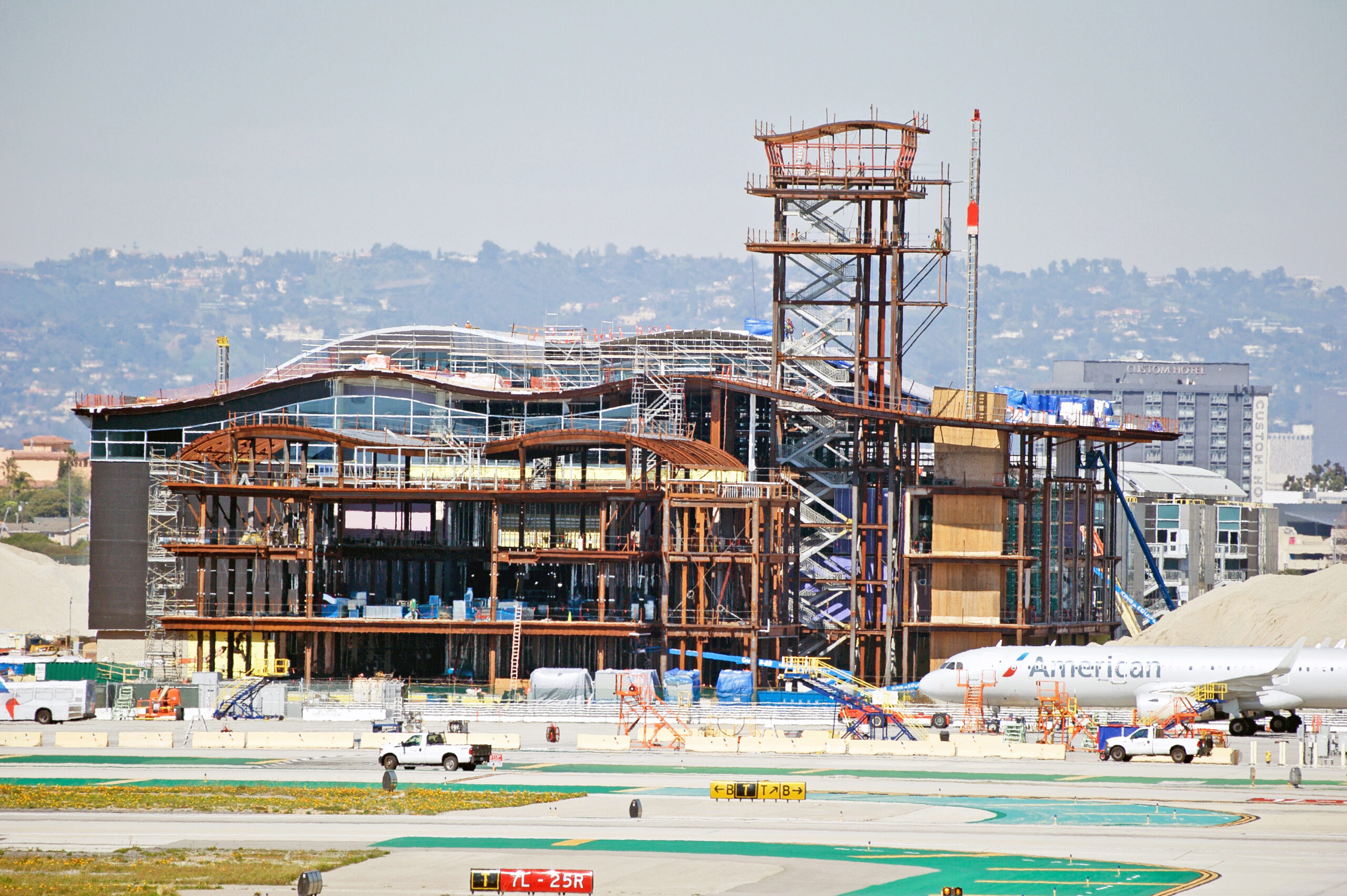The Compliance Advantage: Unlocking Success in Airport Infrastructure
The horizon for airport development is brighter than ever, fueled by substantial investments from the federal, state, and local governments. From ambitious terminal upgrades to crucial runway extensions and improved ground transportation, this surge in infrastructure promises to redefine air travel and ignite regional economic growth. However, the progress of these significant projects is met with a complicated regulatory environment.
Given the evolving political landscape around diversity and inclusion, comprehensive compliance is not just a prudent strategy; it’s the engine that keeps these vital projects on schedule and within budget. Recent shifts in the discourse surrounding Diversity, Equity, and Inclusion (DEI) initiatives have introduced new considerations for supplier diversity professionals and public agencies, requiring heightened strategic precision and demonstrable adherence to regulations. While airports remain steadfast in their commitment to fair contracting and equitable workforce participation, they must now navigate these efforts with even greater rigor.
Establishing the Framework: Essential Compliance Requirements
Successfully securing funding, maintaining public trust, and delivering on promises in airport development hinges on mastering several essential compliance domains. Effectively navigating these complexities often necessitates the use of robust software solutions designed to streamline and centralize compliance management.:
1. Inclusive Business Practices (DBE/ACDBE) & Reporting: Championing Fair Opportunity – Effective management of Disadvantaged Business Enterprise (DBE) and Airport Concessions Disadvantaged Business Enterprise (ACDBE) programs is paramount. This area encompasses setting ambitious yet achievable goals, meticulously verifying firm eligibility, actively promoting opportunities for certified firms, and adapting to legal changes. Crucially, it involves generating detailed and accurate reports, such as the DBE Uniform Report and FAA report, to demonstrate commitment and results in supplier diversity.
2. Prevailing Wage & Labor Standards: The Foundation of Fair Compensation – Federally funded projects, as well as frequently state-funded ones, mandate that laborers and mechanics receive at least the local prevailing wages and fringe benefits. This area requires navigating intricate wage determinations, ensuring accurate worker classifications, and meticulous tracking to avoid costly violations. It’s about building equitable compensation into the very fabric of the project. Manually tracking these details can be challenging, but digital systems are available to automate wage determination updates and ensure accurate worker classifications.
3. Workforce Participation & Local Impact: Fueling Community Growth – Many funding sources emphasize local worker participation to stimulate economic development within the project’s vicinity. This area involves setting and diligently tracking progress toward local hiring goals, promoting opportunities, and ensuring that the project creates tangible benefits for the surrounding communities.
4. Tiered Subcontractor Oversight: Ensuring Compliance Across the Board – Compliance extends beyond the prime contractor. This area extends regulatory adherence across all tiers of subcontractors, necessitating comprehensive onboarding, vigilant monitoring, and robust reporting mechanisms to ensure every entity involved meets its obligations. It’s about a holistic approach to regulatory integrity.
5. Apprenticeship Utilization: Investing in the Future Workforce – To foster skill development and ensure a pipeline of qualified tradespeople, requirements for registered apprentice utilization are increasingly common. This area demands precise tracking of apprentice hours, adherence to prescribed ratios, and a commitment to nurturing the next generation of construction professionals.
Smart Systems, Smoother Projects: The Tech Advantage
Given the intricacies of these compliance areas, it’s clear that manual processes alone may not suffice. Enter the world of modern compliance platforms, designed to act as a central control tower, streamlining operations, mitigating risks, and accelerating project success through features designed for precision:
- Integrated Program Management: Solutions that offer integrated program management help unify both supplier diversity and prevailing wage management from a single, intuitive interface, offering comprehensive oversight of inclusion goals and labor requirements.
- Real-time Certified Payroll Processing: Automated collection, validation, and monitoring of Certified Payroll Reports (CPRs) from all contractors and subcontractors.
- Automated Wage Determination Updates: Continuous access to updated federal, state, and local wage determinations, ensuring projects are always aligned with the latest requirements without extra cost.
- Centralized Subcontractor Ecosystem: A unified system to onboard, manage, and monitor all tiers of subcontractors.
- Robust Reporting & Analytics: Easy generation of audit-ready reports for comprehensive documentation.
- Dynamic Workforce Dashboards: Real-time visibility into local hiring, apprenticeship usage, and other participation metrics.
- Customizable Compliance Frameworks: Purpose-built systems that support a wide array of labor compliance needs, including prevailing wage, certified payroll, workforce, and worksite tracking, adaptable to unique project requirements.
Securing Your Investment: The Power of Proactive Compliance
For airport projects, success extends far beyond meeting timelines and budgets; it encompasses unwavering adherence to complex regulations. By strategically implementing advanced compliance management solutions that address key compliance areas, airport agencies can enhance transparency, significantly mitigate risks, and ensure that every runway, terminal, and access road project meets or exceeds necessary standards. Airport agencies are increasingly turning to advanced compliance management solutions to address key compliance areas, enhance transparency, mitigate risks, and ensure that every project meets necessary standards. This commitment fosters trust, strengthens community ties, and ultimately drives sustainable development within the aviation industry.


